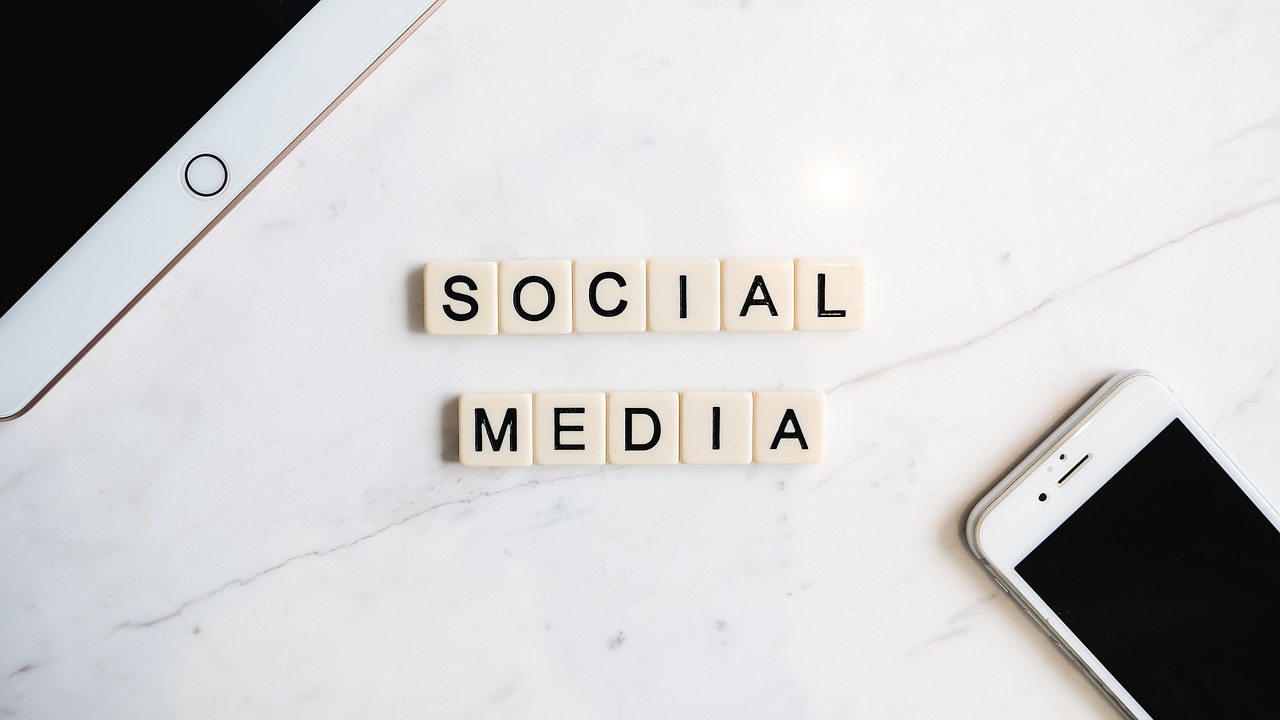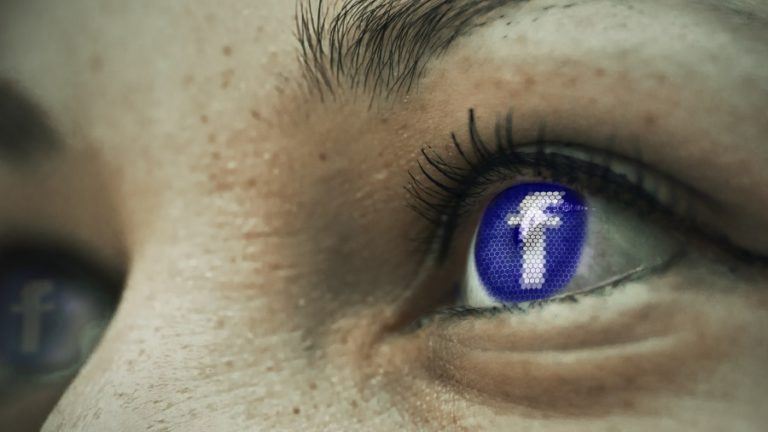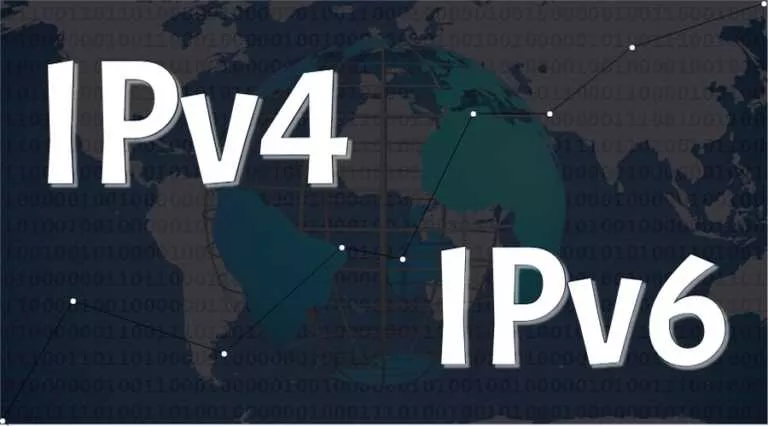What Does “ML” Mean in Texts?

In the world of Snapchat and texting, people often use abbreviations and slang to keep their messages brief and fast. One such abbreviation you might see is “ML.” Knowing what these shortcuts mean can help you communicate more effectively and stay up-to-date with the latest trends. This guide will explain what “ML” means when texting on social media and how it’s used in conversations.
What Does ML” Stand For?
“ML” can stand for “Much Love” or “My Love.” It’s a quick way for people to show affection or appreciation in social media chats. For example, if someone says, “Thanks for the help! ML,” they express gratitude and send warm, positive feelings. Similarly, “ML” can also show care for someone, like saying “My Love” in a message.
Common Ways to Use “ML“
- To Show Gratitude: People use “ML” to say thanks or show appreciation in a friendly way.
- To Express Affection: It can send caring or warm feelings to someone you like or care about.
- As a Friendly Sign-off: Some use “ML” at the end of a message, like a kind farewell or to add a positive tone.
- To Strengthen Relationships: Friends or partners might use it to build closeness and show they care about each other.
Examples of ‘ML’ in Conversations
- Person 1: Thanks for helping me with my project!
- Person 2: No problem, ML!
- Person 1: I’ll talk to you later.
Person 2: Okay, take care! ML!
- Person 1: I’m feeling down today.
- Person 2: Don’t worry, I’m here for you. ML!
Variations of “ML” in Online Conversations

People use other short forms similar to “ML” in conversations. For example, “ILY” stands for “I Love You,” and “XOXO” means “Hugs and Kisses.” These abbreviations, like “ML,” also show affection or care and are commonly used in friendly or loving messages.
There are times when “ML” might not fit the situation. For example, abbreviations like “ML” can seem too casual or unprofessional in work emails or formal conversations. It’s better to avoid using it in serious or business-related messages where a more formal tone is expected.






